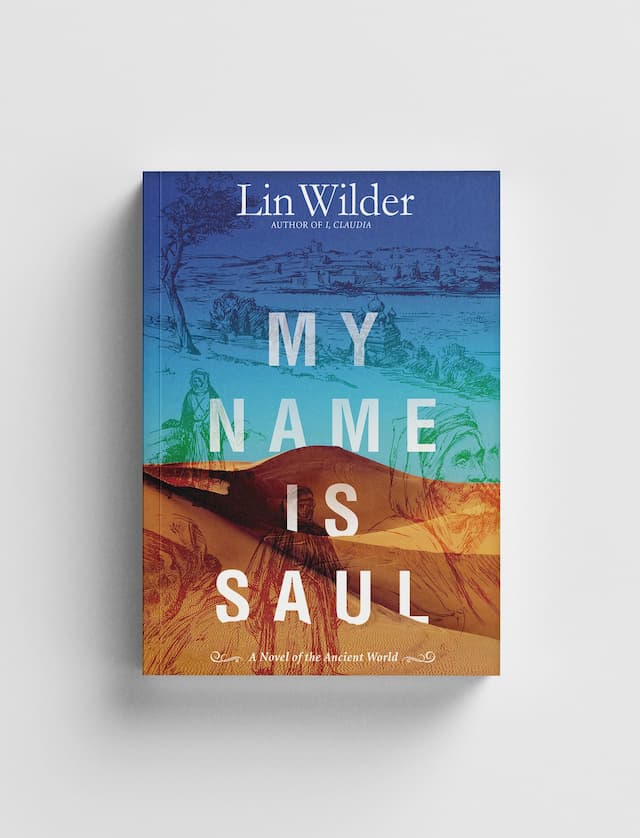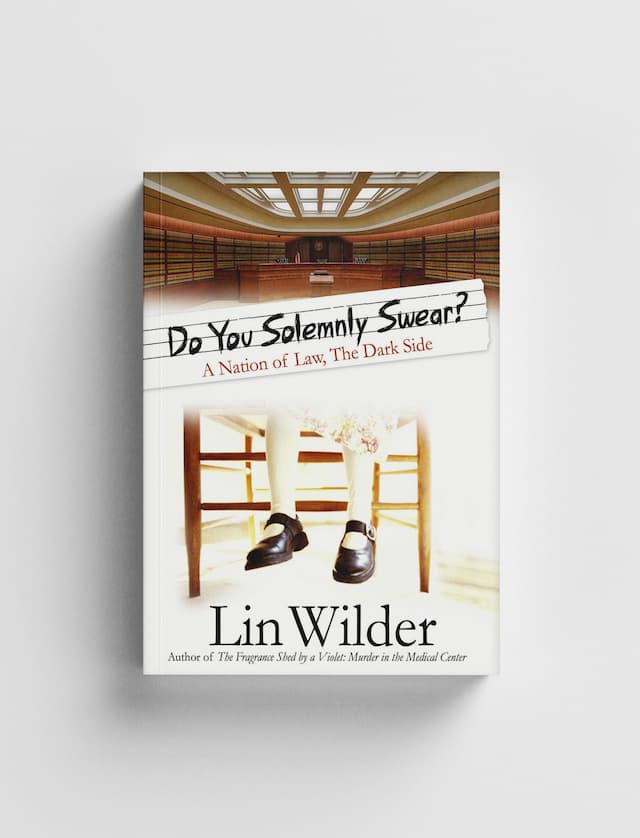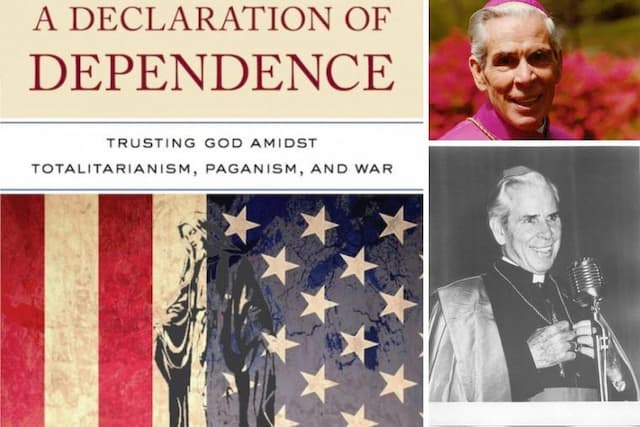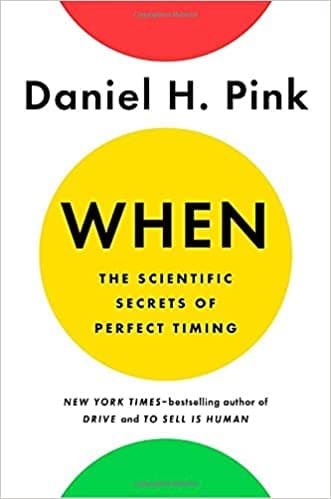Detachment: Essential Tool for Sanity - Lin Wilder

Detachment: Essential tool for sanity
What do we do when faced with human heartache? Fr. Derek Sakowski asks the question in a recent article called Fixing vs Facing. So think about it for a minute or three.
How do you react while watching or reading the report of the latest horrors in the Russian Ukrainian war?
Or the firing of renowned Princeton classics professor Joshua Katz for defending truth and refusing to cow to the “narrative?”
How about the latest school shooting where the teen shooter manages to take twenty-one lives before losing his own?
And the— it seems, obligatory politicization of the tragedy? Then assigning blame. Followed by the favorite fix
Closer to home, what can be said or done when a friend tells you that her mammogram was suspicious?
Or that she’s just learned of her husband’s adultery? Most likely, though, she’d say “affair” since we’ve forgotten that the best way to disempower evil is to look at it, see it.
We’re emotional creatures, wired to feel, especially us females. Today’s media are expert in promoting, publicizing and politicizing tragedy, all aspects of the latest breaking news of horror. The all-too-real voices and suffering faces can take up residence in our hearts, make us feel that we’re not just watching, but are there.
But what can we do?
When hearing about your friend’s suffering, are there concrete steps to be taken?
Just like most of us, my immediate reaction is fix it. Since my nature is “wildly enthusiastic” as my husband John quips, once I’ve discovered a ‘fix,’ especially one that works for me, I want to shout it from the rooftops. And in my toolkit, there are a variety of fixes. Most likely that’s so for you too: rather than face and feel the pain, we busy ourselves with the illusion of a fix.
Fr. Sadowski, however, states the plain, painful truth of that thinking:
“Fixing feels good at the time. We tell ourselves that we are “helping” the other person – but we are probably helping ourselves. We don’t like that feeling of heartache, and we definitely don’t like feeling powerless – so we back away from the abyss by trying to fix it.”
He’s nailed it, right?
Hence detachment: essential tool for sanity is just that, essential.
Although St. Ignatius is chair of my committee, detachment and indifference intimidate me. And yet they fascinate at the same time. Enough that I’ve been praying for the grace of “Ignatian indifference.” A couple of years ago, a book called The Love that Keeps Us Sane, by Marc Foley caught and held my attention, enough to not only read the book but write about it. Only now do I realize that the author was speaking about detachment, St. Therese’s gift of “Ignatian indifference.”
Why has the virtue of detachment been so difficult to ask for?
Because I didn’t understand what Ignatius was getting at. In my lexicon, detachment and indifference meant uncaring, coldness, and hardness of heart. St. Ignatius spent almost a year in a cave practicing Agere Contra. Ignatius fought against his disordered love of fashion, self-love by eschewing all that had defined him in order to get free of lust, vanity, all that was not God. Listening to Bishop Barron’s excellent homiliy on the young Ignatius’s so very human flaws, is inspiring. Here are a few reasons why.
What he learned at Manresa is that our attachments to various created goods—money, power, pleasure, and honor—stand in the way of our responding to God’s will for us.
Bishop Barron Ignatian
It’s not the money, title, praise or the food,
it’s our attachment to them that serves as obstacles between us and God’s purpose for creating them. Barron speaks of St Luke’s Gospel on the Beatitudes. “Blessed are you poor, who hunger, are grieving, weep, and blessed are you when you are hated, persecuted.”
At face value, it sounds nuts, Barron declares.
But, “We’re meant to be shaken up, to understand that our imbued desire is Him!” If our attachment is to anything but Him, we are doomed to an endless cycle of more—food, drugs, sex, power, things, for nothing else can satisfy!
“How lucky you are if you’re not addicted to stuff, food, drink, sensual pleasure, How blessed are you if detached from these things….Often best things we can do feel opposite of good…not fun, Blessed are you if hated…again addiction of praise….”
Hence, I can see why I’ve been led to pray for the grace of Ignatian indifference and detachment. So often, my emotional reactions are so powerful that they obscure everything but my bad feelings.
The result?
I lose my ability to reason, discern and to think critically.
Perhaps what our troubled friend needs most is merely silent agreement and quiet presence, “Yes, this is an awful thing,”….facing the horror of the reality of the thing together. And most importantly, emptying ourselves of egodrama to embrace theodrama. Bishop Barron’s notion of egodrama vs. theodrama defines our moment to moment choice with precision.
The effects of others’ heartache isn’t subtle
or private or innocuous. Nor are our addictions limited to drugs and alcohol. The miasma of the breaking news of mothers whose children were senselessly killed and the effective political manipulation of the tragedy can also be enslaving. The pressure of reality of TV news has long been anathema to me— but turning off the TV isn’t enough.
It’s everywhere.
Whether at the gym to work out where all eight screens are tuned in, or logging on to laptop or phone to work or check social media or email, the dramatic headlines are ubiquitous.
Our enemy wants us fearful, frightened and despondent. Precisely the attitude when it’s almost impossible to pray, which, of course, is Satan’s goal.
Here and now are all we have. We can do nothing for the continuous display of catastrophe happening elsewhere. But we can attend to those He puts in our lives today.
If we’re here, in the now.
The paradox of pain is that it cannot be healed by pushing it away, running from the hurt, or rationalizing the rejection. We must go toward the hurt, go closer to it, acknowledge it, to be healed of the wound we carry inside….Take the rejection and the pain to Jesus and look at it with Him. Let Him see it. Let Him heal the wound it caused. Then, and only then, can we forgive the hurt we feel.
The Paradox of Pain












